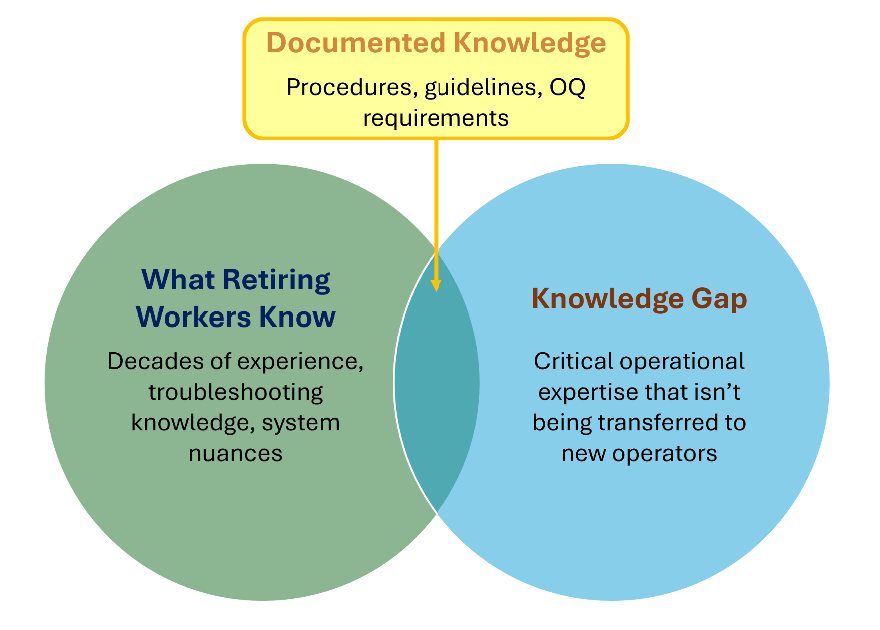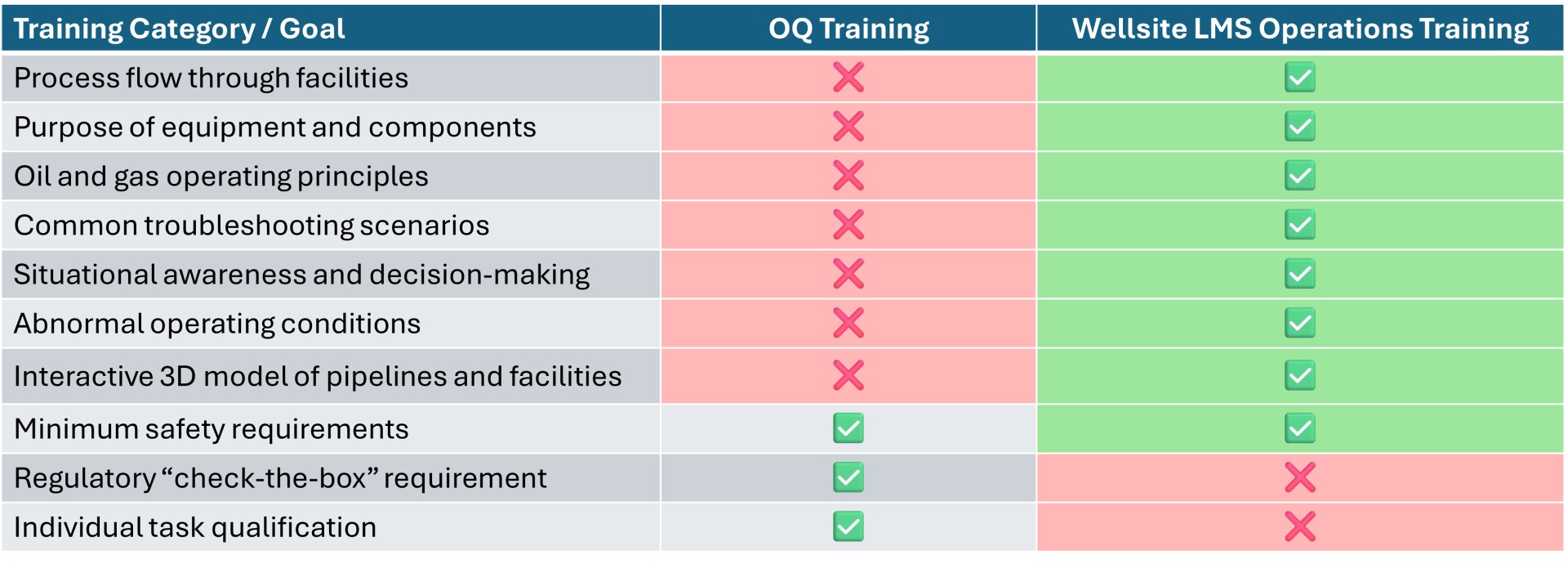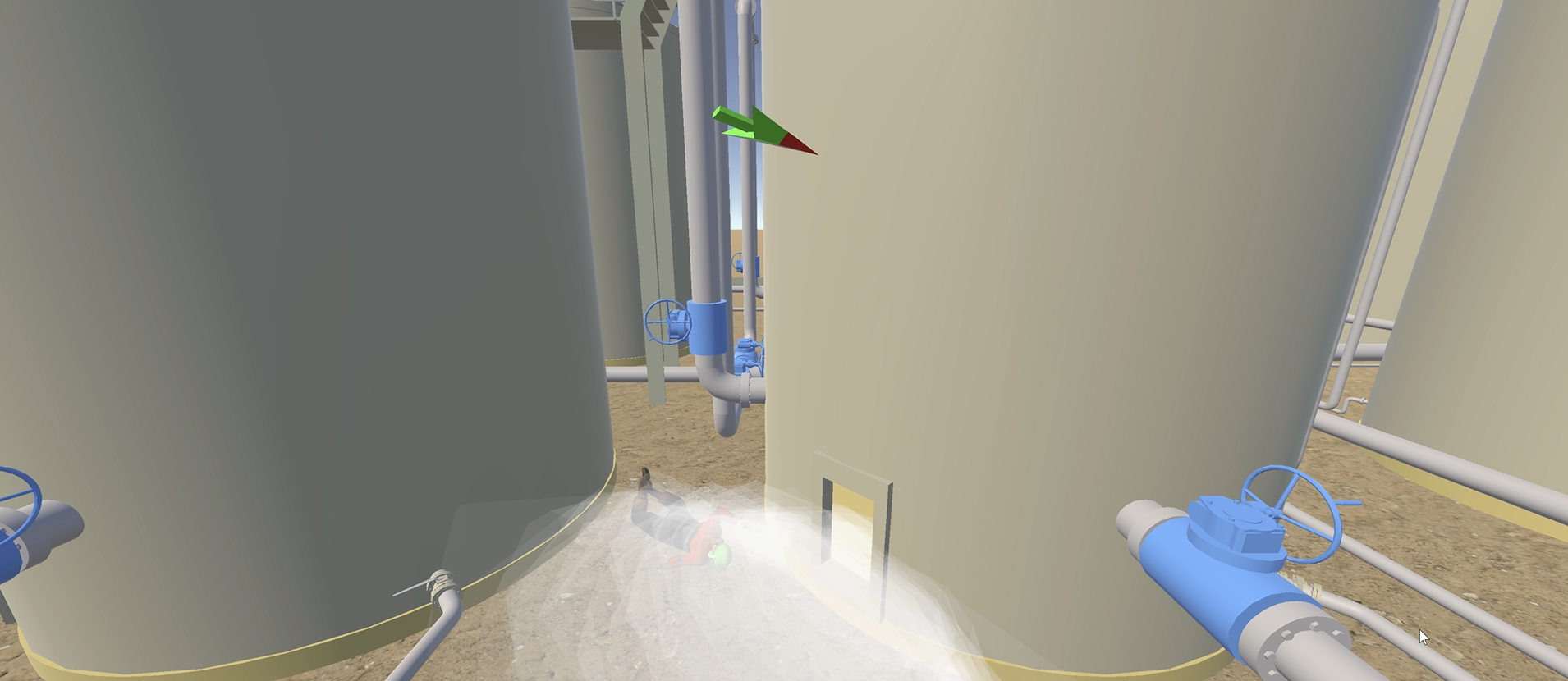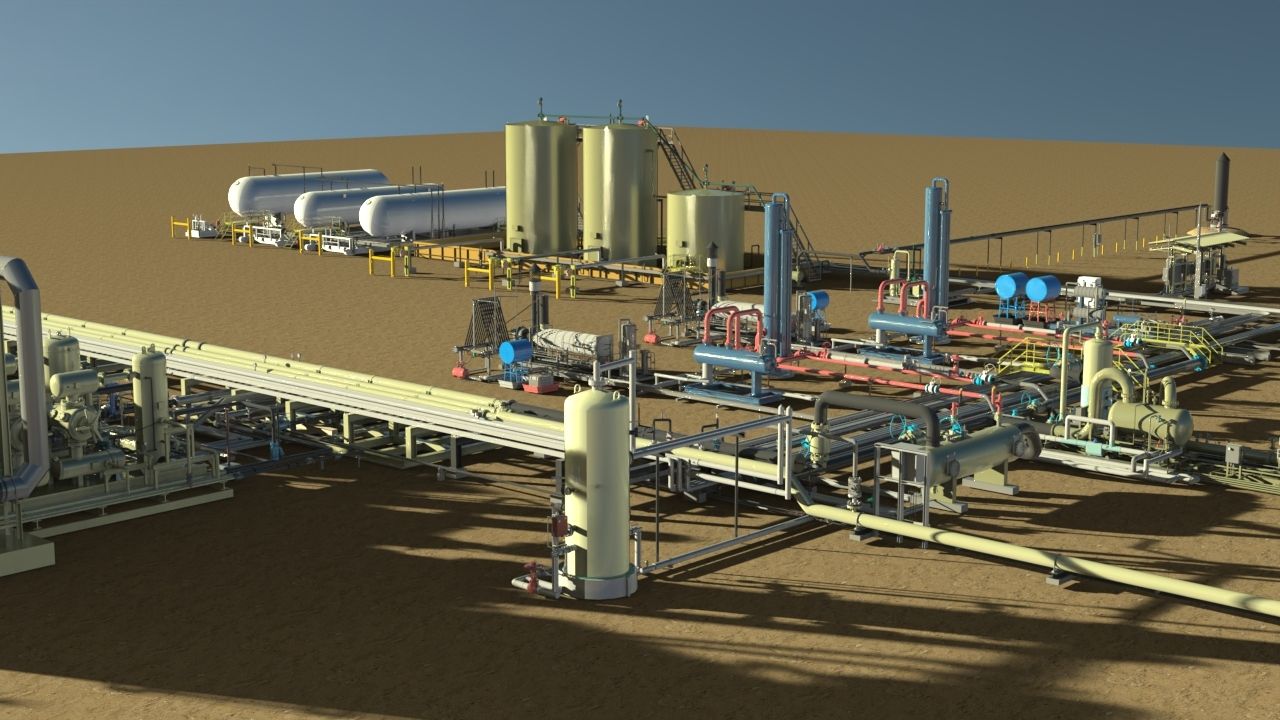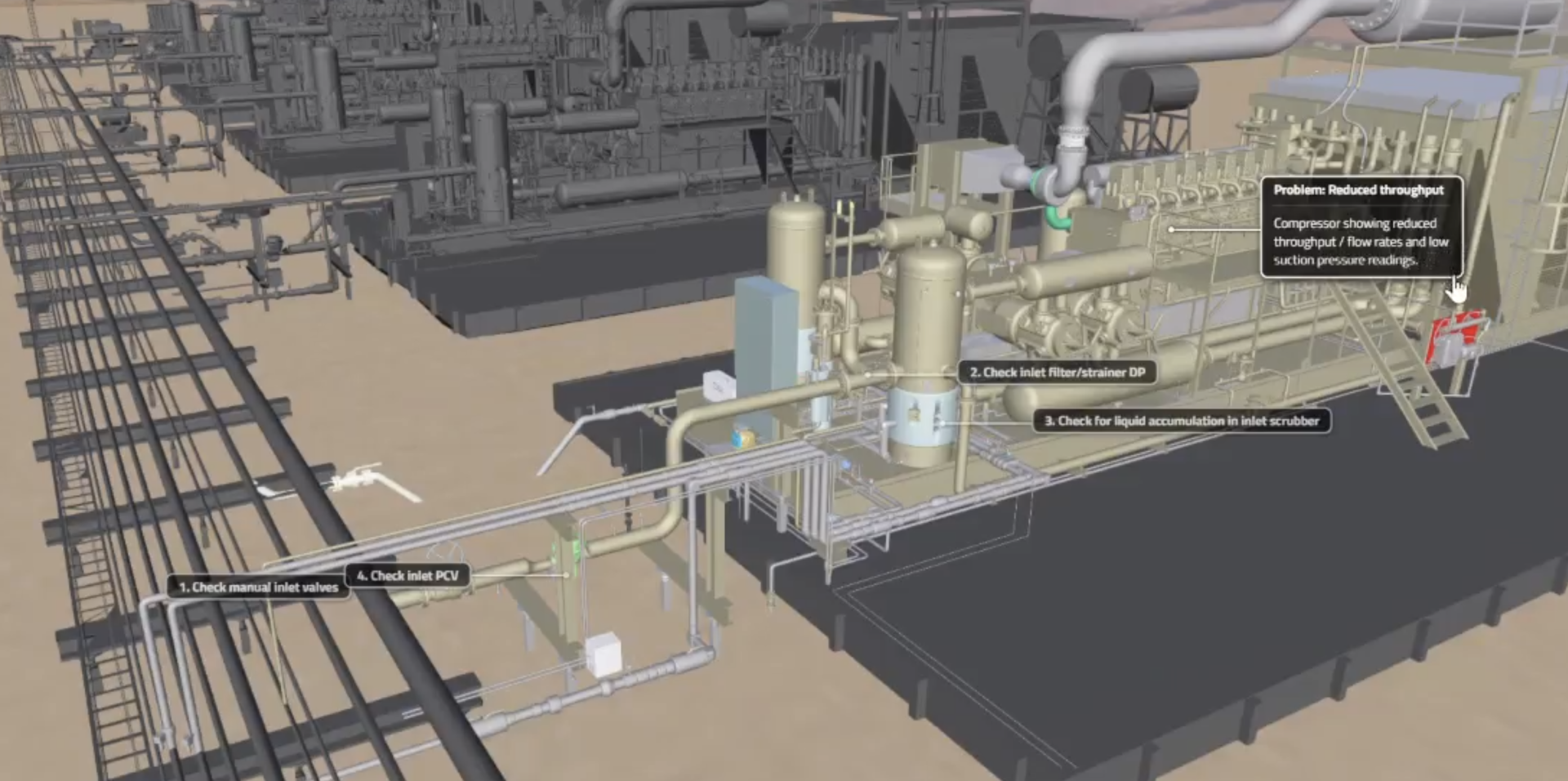In the high-stakes world of midstream operations, a simple error can lead to significant consequences—from operational disruptions to environmental incidents and even safety catastrophes. While Operator Qualification (OQ) ensures regulatory compliance and basic competency, today's complex operational environment demands more. This post explores why OQ alone isn't enough and how comprehensive training fills critical gaps.
The Changing Midstream Workforce Challenge
The midstream sector faces a significant knowledge transfer challenge. Experienced operators with decades of institutional knowledge are retiring, while new hires often lack industry background. This creates a dangerous knowledge gap that OQ alone can't bridge.
Empty space, drag to resize
The Midstream Knowledge Gap
Empty space, drag to resize
This "tribal knowledge"—understanding gained through years of hands-on experience—is rapidly disappearing. With fewer experienced mentors available, companies can no longer rely solely on informal knowledge transfer. Structured comprehensive training programs must capture and preserve this critical operational expertise.
The Limitations of OQ Training
Operator Qualification is federally mandated and essential for compliance, ensuring operators can perform "covered tasks" safely. However, OQ only verifies minimum competency for specific tasks—it doesn't develop the full range of skills needed to run complex midstream systems safely and efficiently.
OQ vs. Comprehensive Training Comparison Table
As the table illustrates, OQ addresses basic procedural knowledge and specific task qualification but falls short in developing critical skills like integrated systems understanding, situational awareness, and problem-solving abilities that are essential for safe and efficient operations.
Real-World Consequences of Training Gaps
Historical incidents demonstrate the dangers of inadequate training. Many serious pipeline incidents were not caused by lack of OQ compliance but by poor situational awareness or incorrect interpretation of alarms and events.
For example, the 2010 Enbridge pipeline spill in Marshall, Michigan, saw operators miss critical leak signs for 17 hours, resulting in one of the costliest inland oil cleanups on record. Investigators found control room operators weren't sufficiently trained to identify and address this abnormal condition.
Empty space, drag to resize
Simulated hydrogen sulfide release emergency scenario
Empty space, drag to resize
The consequences of inadequate training extend beyond safety incidents. Undertrained operators can cause equipment damage from incorrect startup/shutdown procedures, delayed leak detection, unnecessary flaring, and operational inefficiencies—all with significant financial impacts.
A Comprehensive Approach to Midstream Training
Effective training must go beyond regulatory compliance to develop true operational competence. A multi-tiered approach includes:
- Foundational Operations Training: Understanding unit operations, process flow, and facility layout as integrated systems
- Simulation-Based Training: Preparing for upset conditions and emergencies through realistic scenarios
- Regular Refresher Training: Continuous learning tied to incident data and equipment updates
- Soft Skills Development: Communication, shift handovers, and situational awareness
- Knowledge Retention Systems: Interactive 3D models and video-based SOP reviews
Empty space, drag to resize
Empty space, drag to resize
This comprehensive approach helps bridge the knowledge gap as experienced operators retire, ensuring new hires develop the complete skillset needed for safe, efficient operations.
The Technology Advantage
Modern training technologies can accelerate learning and improve retention. Video game-based training, interactive 3D models, and digital twins engage operators while allowing them to practice responses to abnormal conditions in a risk-free environment.
Empty space, drag to resize
Midstream Operations Training Module Interface
Empty space, drag to resize
These tools are particularly effective for developing critical thinking skills and system-level understanding that cannot be acquired through traditional OQ training alone. They can also help preserve and transfer institutional knowledge as experienced operators retire.
Conclusion: OQ Is Just the Beginning
While Operator Qualification remains essential for regulatory compliance, it represents only the foundation of a proper training program. Companies must invest in comprehensive training that develops not just task-specific skills but also the systems thinking, situational awareness, and decision-making abilities that prevent incidents and optimize operations.
The return on this investment is clear: fewer safety incidents, improved operational efficiency, reduced environmental impact, and lower costs from prevented downtime and equipment damage. As the midstream sector navigates workforce challenges and increasing operational complexity, comprehensive training isn't just nice to have—it's essential for sustainable operations.
Is your midstream training program preparing operators for every scenario, or just checking compliance boxes? The answer could determine your operational excellence for years to come.
Want to learn more about how we're using these insights to develop more effective safety training? Visit www.wellsitelms.com or reach out to us at admin@wellsitelms.com.
Empty space, drag to resize
